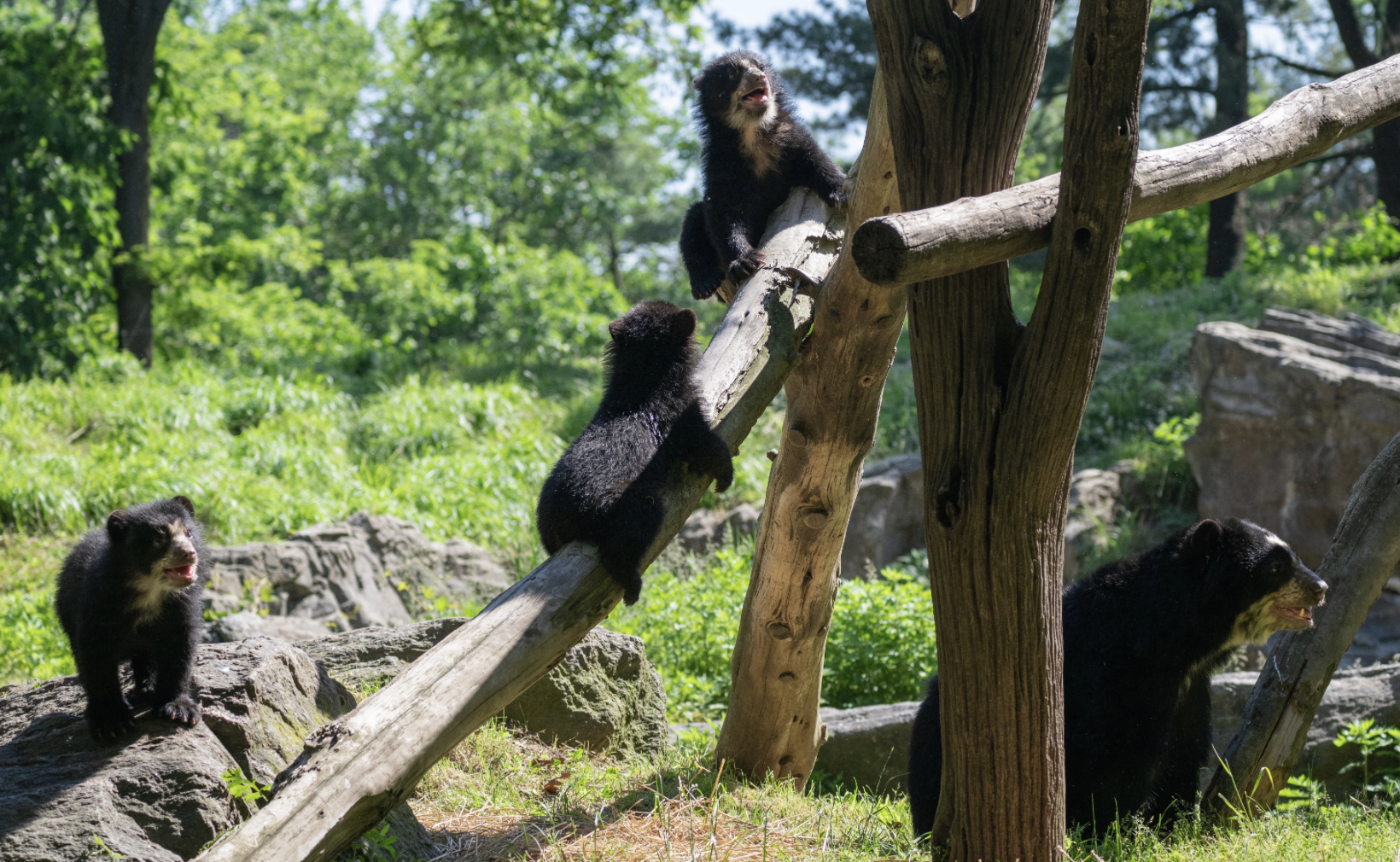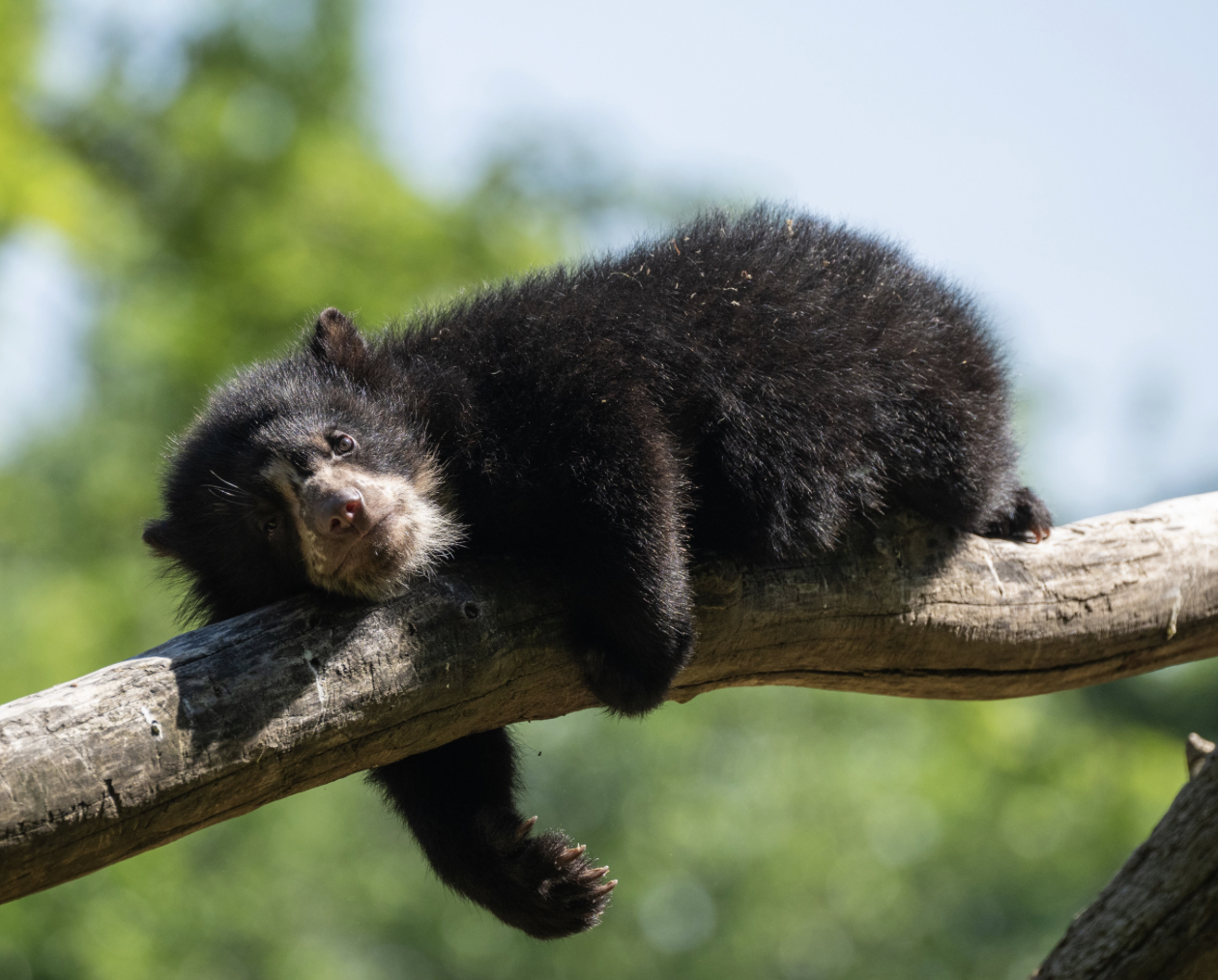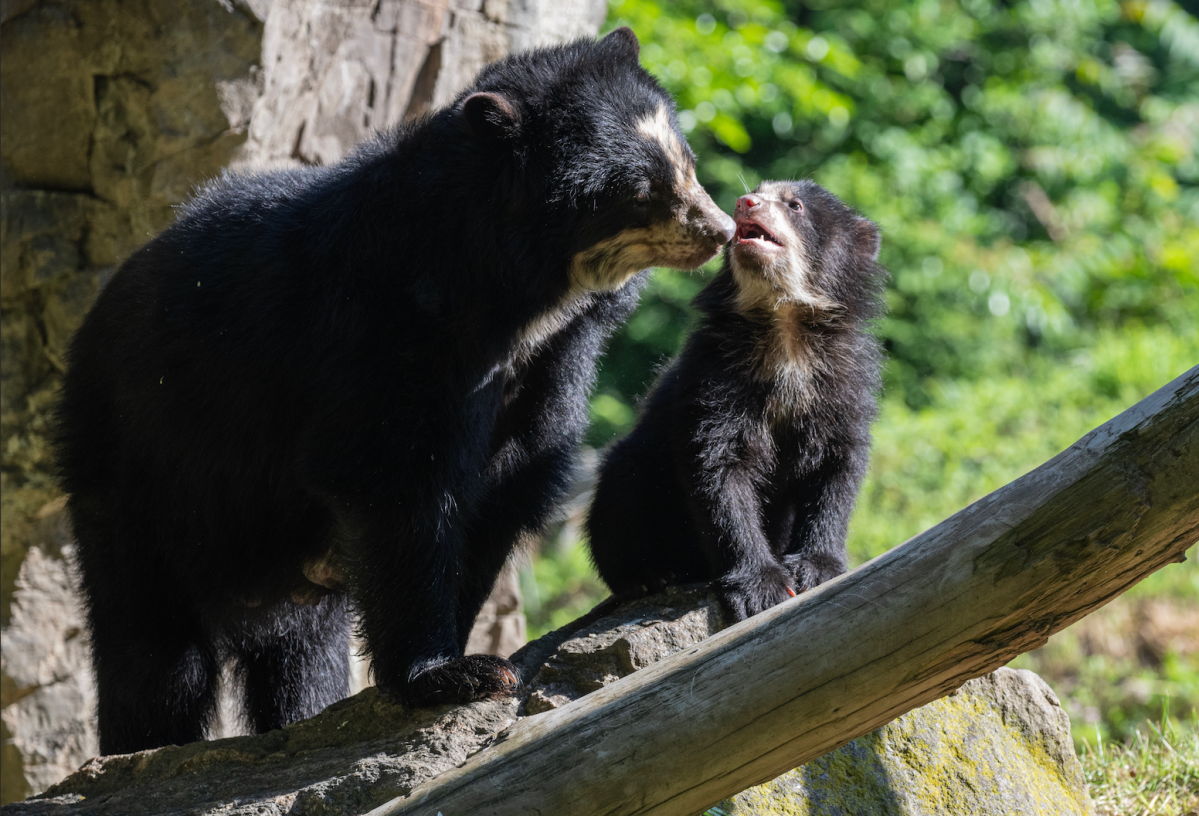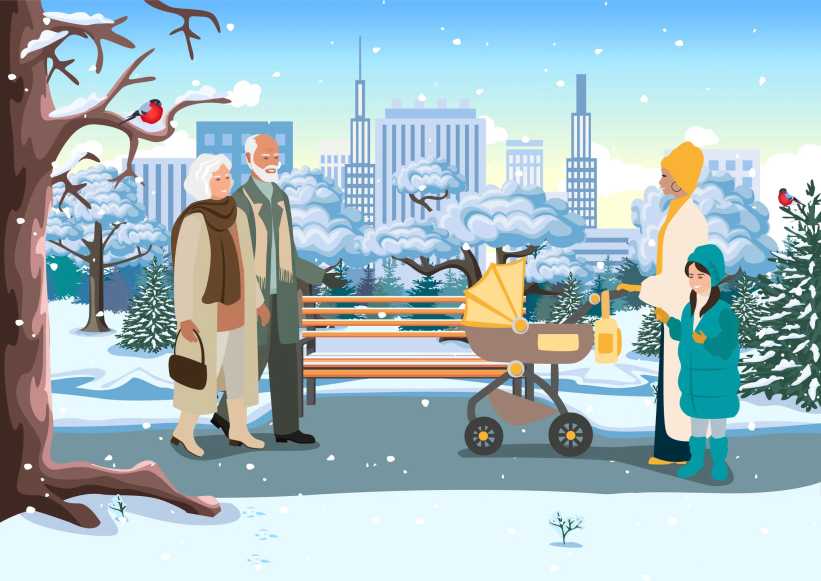Three Andean Bear cubs who were born at Queens Zoo in Flushing earlier this year are now ready for their public debut.
Typically, Andean bears only have one to two cubs at a time. But the birth of the three cubs, two males and one female, five months ago on Jan. 3 was a rare occurrence.
After spending the past several months bonding with their mother in the zoo’s birthing den, the cubs are old enough to venture outdoors and be seen by visitors.

Also known as speckled bears, they are the closest living relative of the giant panda. In a similar fashion, the species is distinguished by white or cream fur around their eyes, muzzle and chest among mostly black fur.
Since 1995, there have been eight births of this species of bear right at the Queens Zoo. The site is involved in a cooperative breeding program which works to enhance the genetic stability and populations of these bears.
Currently there are 33 Andrean bears in zoos across the country that are accredited by the Association of Zoos and Aquariums (AZA). This year’s birth of the species at the Queens Zoo, which is accredited by AZA, was the only instance.

Andean bears are the only species of bear found in South America. They typically adhere to their arboreal nature by eating and sleeping in trees. They are native to the Tropical Andes of Bolivia, Columbia, Ecuador, Peru and Venezuela.
They are considered a vulnerable species by the International Union of Conservation of Nature (IUCN). The organization estimates that there are less than 18,000 remaining in the wild. Their loss in population numbers can be attributed to deforestation and hunting, as the bears interfere with cattle and corn production in their native regions.
The spectacled bear can live up to their late twenties and typically grow to be five or six feet long. While adult females generally weigh up to 200 pounds, males can weigh in at up to 340 pounds.
The Queens Zoo also has a dozen other animals from all over the world to see up close, including the Californian sea lion, bald eagle and American bison.



































